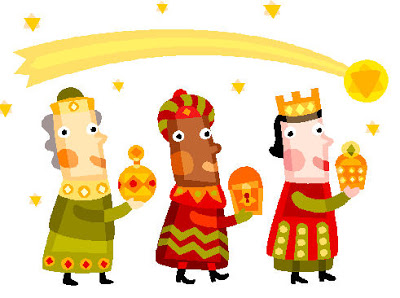
The time in Spanish
June 26, 2014
Days of the Week in Spanish
July 3, 2014Gender in Spanish - Masculine and Feminine Words
Gender is a difficult thing in many languages, and knowing the gender of words in Spanish is not an exception. Check out our game below to practice!
As for gender, nouns in Spanish are generally classified into three groups:
• Nouns that finish in –a are normally feminine, like lluvia, mesa, cuchara...
• Nouns that finish in –o are normally masculine, like puerro, camión, hombro...
• Nouns that finish in another vowel (normally –e) or consonant can be masculine (like coche or tren) or can be feminine (like leche or sal)
Also, there are some rules that help us classify nouns in masculine or feminine. For example, nouns that end in –ción, -dad, -eza, -esa, and so on, are always feminine (canción, sesión, verdad, promesa). Nouns that end in –ema, -oma, -auma, -ama and so on, are masculine (like poema, axioma, panorama, trauma, esquema), since they are words that came into Spanish from classical Greek and they are masculine in Greek.

However, there are many exceptions to these rules. Think of words like día (day), which is masculine, or mano (hand), which is feminine. This has to do with the etymology of Spanish, and we can't do much about it: we just need to learn them by heart or by use.
We suggest that you try this game to practice gender in Spanish. You just need to classify words (nouns) in two groups, by dragging them to each box: masculine o feminine.
Good luck!
If you found this post useful, we suggest checking out our blog to find more free Spanish exercises and some tips on Spanish grammar that you may use to learn Spanish. We also recommend one of ELINQUA's trial lessons if you want to find out what our online Spanish lessons are like!

